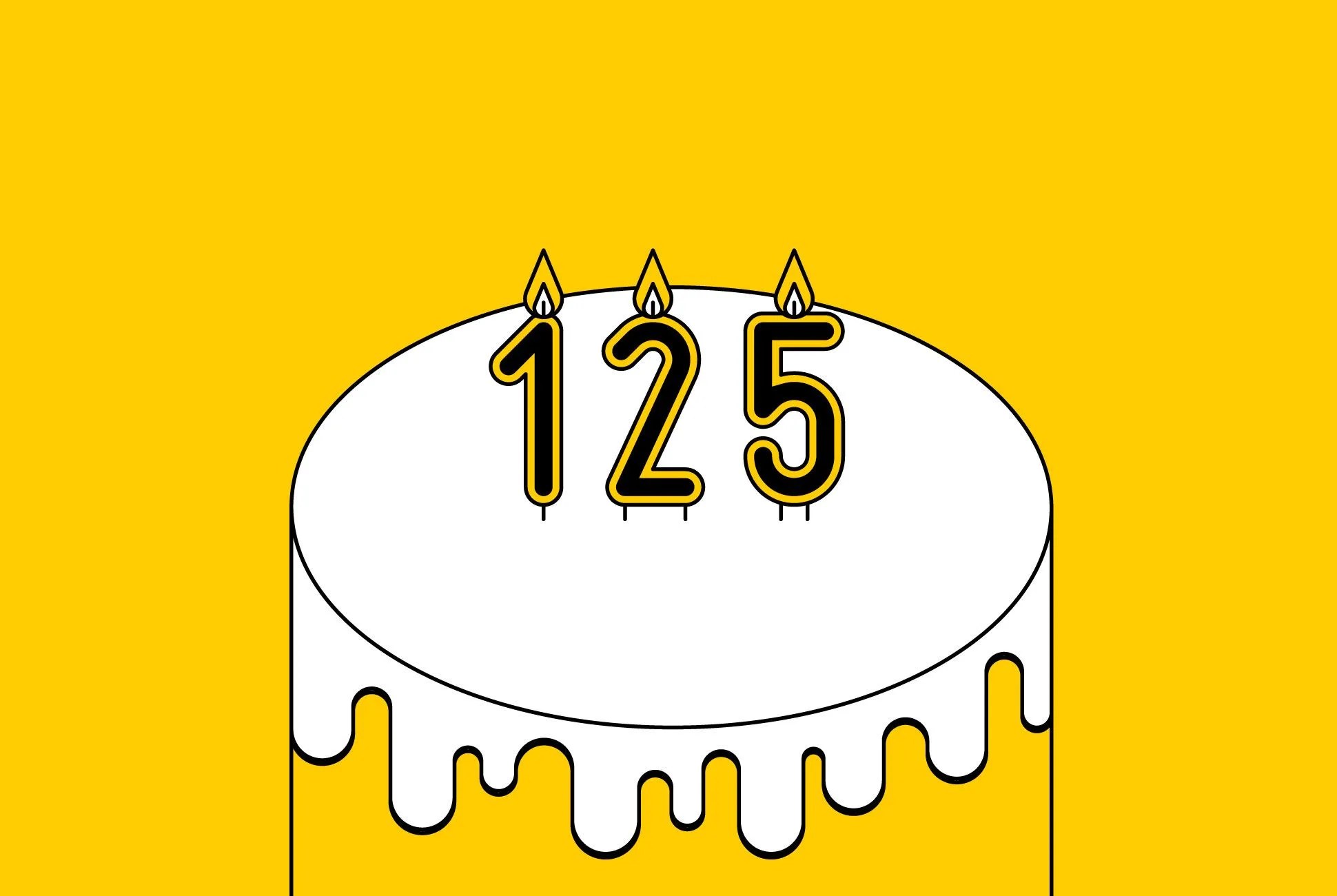Conversations about extending life usually veer toward wild ideas like cryopreservation, which is currently the subject of both high-profile fiction (Zero K by Don DeLillo) and high-profile reality (Alcor allegedly counts Peter Thiel as a member). While that solution may turn out to be a viable option, the important conversations about aging happening right now focus on the idea of improving health span, or increasing the number of healthy and functional years of life. These conversations aren’t at the fringes of science: From labs at MIT and Harvard to institutes and startups with major investors, the science of aging is progressing rapidly — and the solutions for turning back the clock are at once more banal and stranger than fiction.
“There are a lot of people out there making wild predictions,” says Brian Kennedy, PhD, CEO and President of the Buck Institute for Research on Aging in Novato, California, which has 19 labs focused on age-related research and what Kennedy describes as the “largest aggregate of research focused directly on aging.” His approach to describing the possibilities of extending health span is more conservative: to characterize what is believable in the present. “What we can do in a mouse is extend its lifespan and health span by thirty percent,” Kennedy says. “Let’s set that as a goal. If we can achieve that, imagine how huge that would be. That’s about twenty extra years of health at the end of your life. How valuable is that?”
While research is incredibly complex, the basic underlying premise of the work at the Buck Institute and elsewhere is that aging is associated with a variety of chronic diseases — things like cancer, Alzheimer’s, diabetes and heart disease — and that if you can understand how they’re related you can intervene with a combination of lifestyle choices and drugs to prevent disease rather than treat it when it’s already wreaking havoc on the body.
And this science is useful right now. These tips for living a longer, healthier life are a combination of actionable intelligence and future possibilities.
Eat healthier, and less. “Most people now agree that, at least for most of your life, probably the healthiest diets are close to vegetarian,” Kennedy says. “Lots of vegetables and fruits, low red meat, low dairy for most people, and very limited processed sugars.” He also points out that most people in developed countries eat way too much: “I’m six-foot-one and one-hundred-ninety pounds. Someone my size should eat two-thousand-two-hundred calories a day; in the US, someone my size is eating three-thousand-eight-hundred calories a day. Almost everyone can agree that finding a way to get sustainably down to the FDA recommended caloric intake is going to be good for you.”
Exercise. Regular cardiovascular exercise and resistance- or weight-related training has been linked to everything from lowering blood pressure and body fat (both good for heart health) to reducing the risk of diabetes, cancer and stroke. One study from the Buck Institute found that resistance training reversed aging in human skeletal muscle — not just making the older men and women in the study stronger, but leading to a “remarkable reversal of the genetic fingerprint back to levels seen in the younger adults.”
Meditate. Kennedy admits that it’s hard to quantify the positive benefits of meditation because it’s difficult to do, for meditation, the types of animal and human studies typically done for diet and exercise — but he feels strongly that it’s linked to aging. “It’s not the amount of stress you’re exposed to in life but how you manage it,” he says, “whether through meditation or yoga or, in my case, running.”


